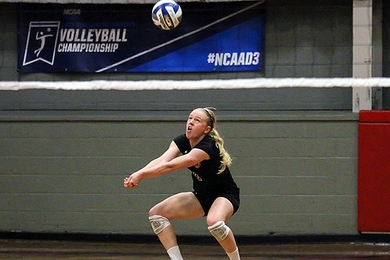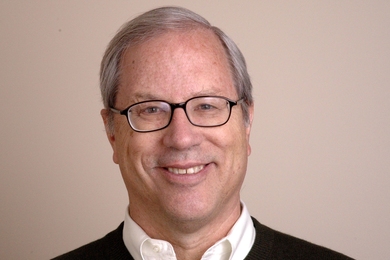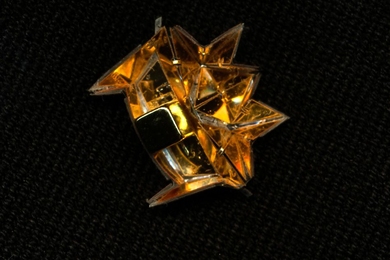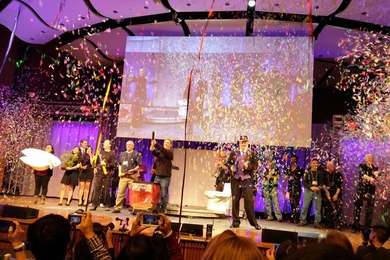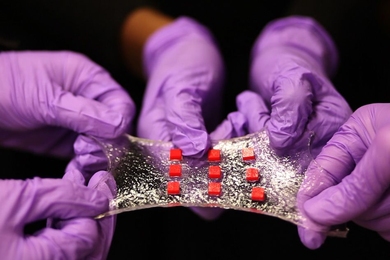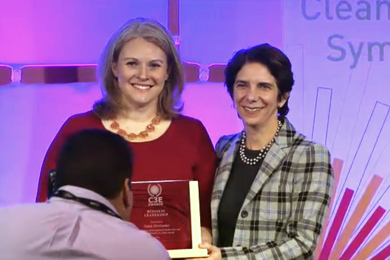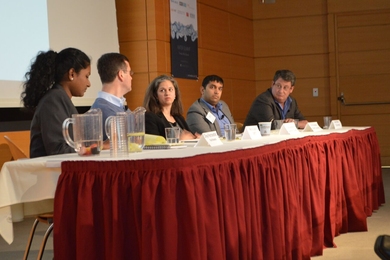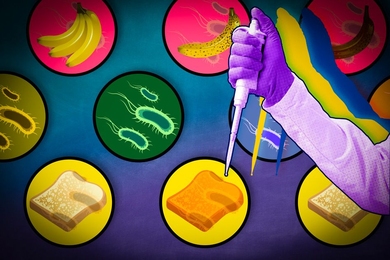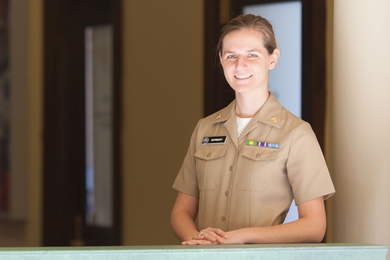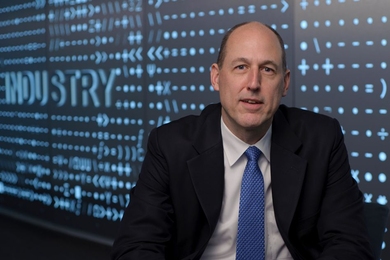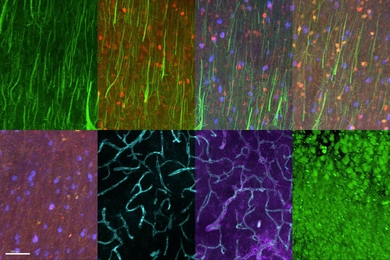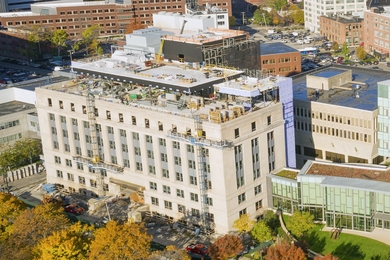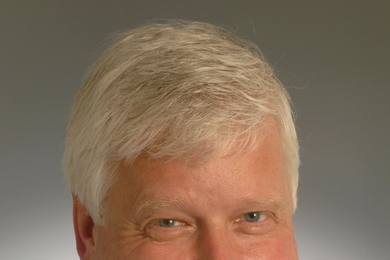David Forney awarded the IEEE Medal of Honor
Highest award bestowed by IEEE honors exceptional contributions to the field of data communications.
Data, drones, and 3-D-printed hearts
Looking back on the year that was: Highlights from the Computer Science and Artificial Intelligence Lab in 2015.
Students unveil “magical” product designs
Final presentations in mechanical engineering class show devices for climbers, patients, and others.
A new way to deliver microRNAs for cancer treatment
Scientists exploit gene therapy to shrink tumors in mice with an aggressive form of breast cancer.
Untraceable communication — guaranteed
New untraceable text-messaging system comes with statistical guarantees.
Stretchable hydrogel electronics
Water-based “Band-Aid” senses temperature, lights up, and delivers medicine to the skin.
Grace Overlander SM '08, MBA '08 recognized for leadership and mentoring in clean energy
Tesla Motors manager honored at Women in Clean Energy Symposium hosted by the MIT Energy Initiative and U.S. Department of Energy.
Water management in a changing environment
MIT Water Summit presents insights, innovations, and solutions to protect our world’s most abundant natural resource.
Bringing synthetic biology education to life
Nonprofit provides hands-on experiments to students and teachers worldwide.
Carolena Ruprecht: On board with nuclear engineering for the Navy
Following graduation this June, senior Carolena Ruprecht will lead a crew maintaining nuclear-powered systems for the U.S. Navy.
Rediscovering fundamental innovation
Eugene Fitzgerald explores the innovation dynamics that produce new technological and economic paradigms.
Protein imaging reveals detailed brain architecture
New technique could contribute to efforts to map the human brain.
Interdisciplinary Design Conversations will feature Lee Gehrke
Public Event on Dec. 8 will explore hacks for rapid diagnostic devices.
